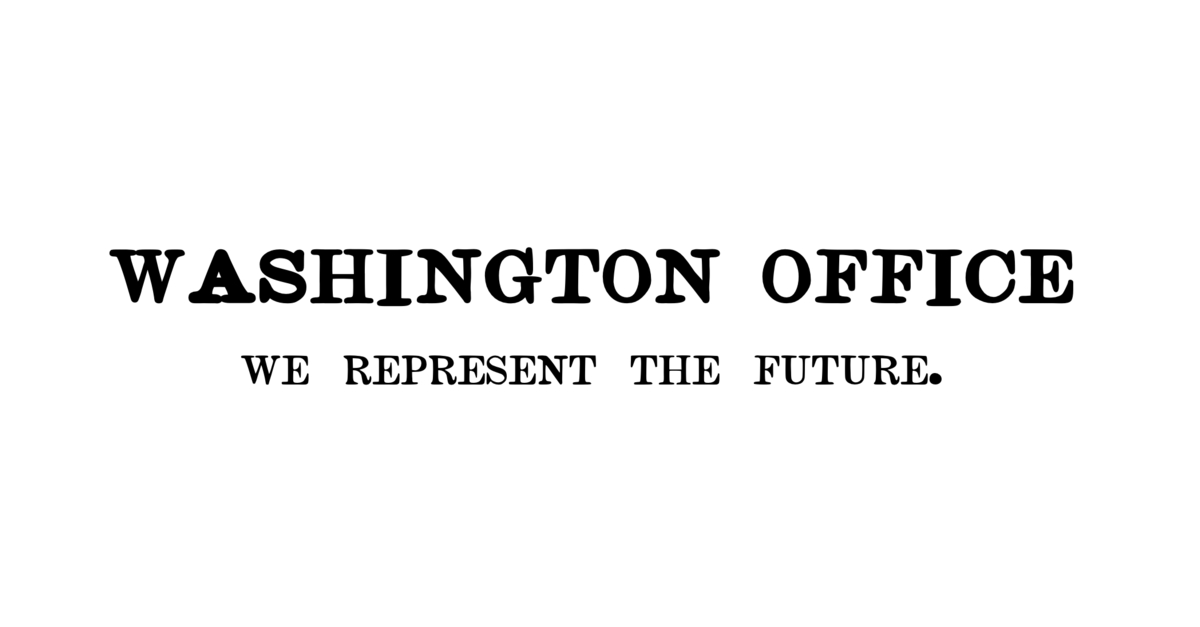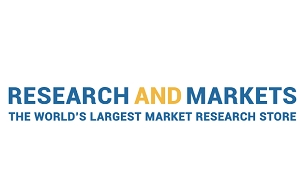In today’s globalized economy, sustainable supply chain management has emerged as a critical imperative for businesses seeking to minimize environmental impact, reduce carbon footprint, and meet evolving stakeholder expectations. From raw material sourcing and production to distribution and end-of-life disposal, organizations are adopting innovative strategies and best practices to promote environmental stewardship, social responsibility, and long-term sustainability throughout the supply chain. Let’s explore the latest trends and advancements in sustainable supply chain management.
Circular Economy Principles: The transition towards a circular economy lies at the heart of sustainable supply chain management, emphasizing the principles of reduce, reuse, and recycle. Organizations are redesigning products and packaging to minimize waste generation, adopting remanufacturing and refurbishment processes to extend product lifecycles, and implementing closed-loop systems that enable materials to be repurposed and reintegrated into the production cycle. By embracing circularity, businesses can optimize resource utilization, minimize environmental footprint, and create economic value from waste streams.
Ethical Sourcing and Fair Trade Practices: Ethical sourcing and fair trade practices are foundational elements of sustainable supply chain management, ensuring that raw materials are sourced responsibly and labor rights are upheld throughout the supply chain. Organizations are increasingly scrutinizing suppliers’ practices and certifications to ensure compliance with environmental regulations, labor standards, and human rights principles. By fostering transparent and ethical supply chains, businesses can enhance brand reputation, mitigate reputational risks, and build trust with consumers who prioritize sustainability and social responsibility.
Green Logistics and Transportation: Green logistics and transportation strategies are essential for reducing carbon emissions and mitigating environmental impact across the supply chain. From optimizing route planning and vehicle utilization to investing in alternative fuels and energy-efficient technologies, organizations are exploring a range of initiatives to promote sustainability in transportation and distribution operations. Additionally, the adoption of multimodal transportation solutions, such as rail and sea freight, can further reduce reliance on road transport and minimize greenhouse gas emissions associated with long-haul logistics.
Supply Chain Digitization and Transparency: Supply chain digitization and transparency are enabling organizations to gain greater visibility into sourcing, production, and distribution processes, facilitating data-driven decision-making and risk management. Blockchain technology, IoT sensors, and supply chain management software enable real-time tracking of products, verification of origin, and monitoring of environmental and social metrics throughout the supply chain. By enhancing transparency and traceability, businesses can ensure compliance with sustainability standards, respond proactively to emerging risks, and drive continuous improvement in supply chain performance.
Collaborative Partnerships and Stakeholder Engagement: Collaborative partnerships and stakeholder engagement are key enablers of sustainable supply chain management, fostering alignment of goals, sharing of best practices, and collective action towards shared sustainability objectives. Businesses are forming partnerships with suppliers, NGOs, governments, and industry associations to address systemic challenges such as deforestation, climate change, and social inequality. By engaging stakeholders in dialogue and co-creation, organizations can drive meaningful change, foster innovation, and catalyze systemic transformations that benefit people, planet, and prosperity.
Conclusion: Sustainable supply chain management is an imperative for businesses committed to driving positive environmental and social impact while ensuring long-term resilience and competitiveness. By embracing circular economy principles, ethical sourcing practices, green logistics solutions, supply chain digitization, and collaborative partnerships, organizations can build more resilient, responsible, and sustainable supply chains that deliver value for all stakeholders in a rapidly changing world.


